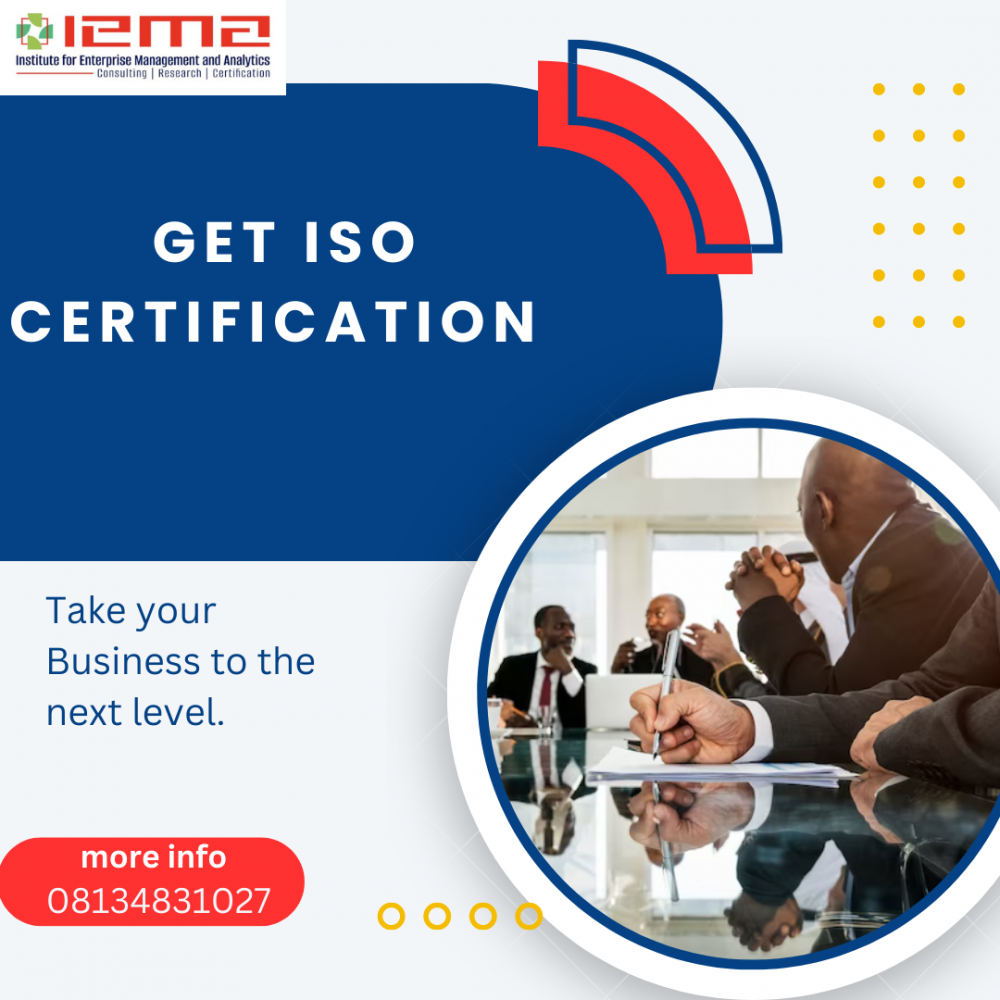Introduction
In the realm of procurement, compliance is not merely a regulatory necessity but a cornerstone of efficient and ethical business operations. Ensuring that procurement activities adhere to laws, regulations, and internal policies helps mitigate risks, enhances transparency, and fosters a culture of accountability. This article delves into the significance of compliance in procurement processes and outlines the benefits it brings to organizations.
1. Legal and Regulatory Adherence
Compliance ensures that procurement processes meet all applicable laws and regulations. Non-compliance can result in legal penalties, fines, and damage to an organization’s reputation. By adhering to legal requirements, organizations can avoid these pitfalls and maintain their good standing in the industry.
2. Risk Mitigation
Non-compliance in procurement can expose organizations to various risks, including financial losses, legal issues, and operational disruptions. A robust compliance framework helps identify and mitigate these risks, ensuring that procurement activities do not jeopardize the organization’s stability and continuity.
3. Enhancing Transparency and Accountability
Compliance promotes transparency in procurement processes. Clear and consistent adherence to policies and procedures ensures that all procurement activities are conducted openly and can be audited. This transparency fosters accountability, as procurement professionals know that their actions are subject to scrutiny.
4. Building Trust with Stakeholders
Adhering to compliance standards builds trust with stakeholders, including suppliers, customers, and regulatory bodies. When stakeholders see that an organization prioritizes compliance, they are more likely to engage in long-term, collaborative relationships, enhancing the organization’s reputation and credibility.
5. Ethical Procurement Practices
Compliance frameworks often include ethical guidelines that procurement professionals must follow. This ensures fair treatment of suppliers, avoidance of conflicts of interest, and prevention of corrupt practices. Ethical procurement practices uphold the integrity of the organization and promote fair competition in the marketplace.
6. Improving Procurement Efficiency
A well-defined compliance framework streamlines procurement processes by providing clear guidelines and procedures. This reduces ambiguity and ensures that procurement activities are conducted efficiently and consistently, saving time and resources.
7. Facilitating Supplier Management
Compliance in procurement includes evaluating and monitoring supplier performance and ensuring that suppliers also adhere to relevant regulations and standards. This helps in selecting reliable suppliers and maintaining high-quality standards throughout the supply chain.
8. Supporting Sustainability Goals
Many compliance frameworks now incorporate sustainability criteria, requiring organizations to consider environmental and social factors in their procurement decisions. This aligns procurement activities with broader corporate social responsibility (CSR) goals and promotes sustainable business practices.
9. Enhancing Financial Performance
Compliance can have a positive impact on an organization’s financial performance. By ensuring that procurement processes are efficient, transparent, and free from fraud, organizations can achieve cost savings, avoid financial penalties, and optimize their procurement spend.
10. Enabling Continuous Improvement
Compliance frameworks often require regular audits and reviews of procurement processes. These assessments help identify areas for improvement and drive continuous enhancement of procurement practices, ensuring that the organization remains competitive and responsive to changing market conditions.
Conclusion
The importance of compliance in procurement processes cannot be overstated. It safeguards the organization against legal and financial risks, promotes ethical and sustainable practices, and enhances transparency and efficiency. By prioritizing compliance, organizations not only protect their interests but also build a foundation for long-term success and credibility in the marketplace.





Leave a Reply